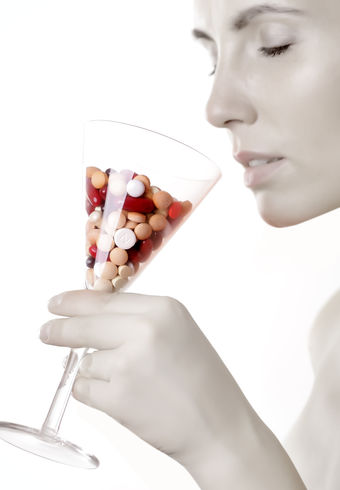Millions of people contract viruses and infections each year. Some get the standard cold or flu while others get viral infections that require prescribed drugs to overcome. Some people find themselves being diagnosed with depression or anxiety and are also prescribed drugs to help cope with their conditions. And then there are those that believe there is something wrong with them and choose their own course of action. Some of them choose to ignore the problem and others take medication of their own choosing. This is something known as self-medication.
When someone chooses to treat an untreated or undiagnosed medical ailment with unprescribed drugs, it is defined as self-medication. This is loosely defined as a type of psychological behavior and includes recreational, psychoactive drugs, alcohol, and anything else that soothes and helps the individual deal with mental and/or physical pain. It’s important to note that self-medication is not only associated with physical ailments, it is often referring to mental illness and psychological trauma and people see it as a way to have a sense of personal independence from medicine that is considered to be established.
People use different drugs for different reasons because each one has different effects. The psychological side of self-medication assumes that the person chooses the drugs with intention because in their mind, that particular drug is capable of relieving their believed symptoms. It is a method that is generally used by drug addicts who think that have an acute awareness of the functions of different substances. Since their ailments are typically undiagnosed, they assume the role of doctor and patient. They diagnose their own conditions and genuinely believe that they are right and the medications they choose are the appropriate ones.
These are some of the most self-prescribed substances today:
- Cannabis
- CNS depressants (alcohol, sedative drugs, benzodiazepines, barbiturates)
- Psychostimulants (cocaine, amphetamines, methylphenidate, caffeine, and nicotine)
- Opiates (heroin and morphine)
Self-medication can be so dangerous because it enables and escalates the problems associated with drug addiction. Typically, drug addicts know that their pattern is destructive and the substances they are using are dangerous, but they use them regardless. In this case, there is a strong psychological element involved where the individual often times believes in the practice and believes that what they are doing is safe and right. As a result, it can be extremely difficult to break the cycle which is why it results in so many deaths every year.


